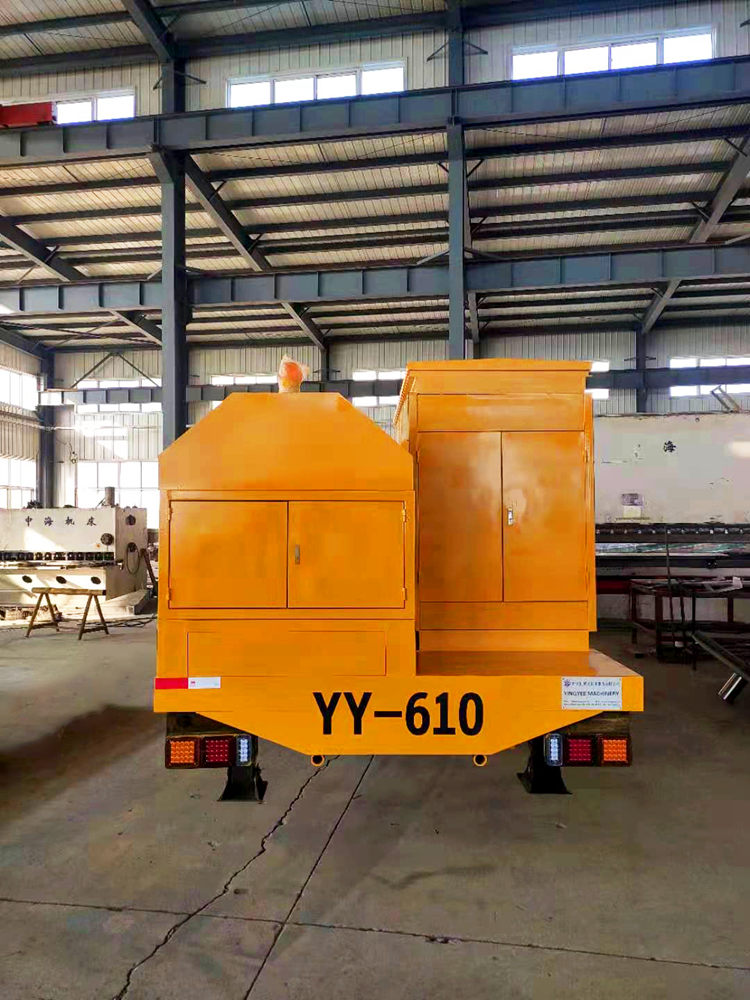
The EPS Sandwich Panel Line Revolutionizing Construction and Insulation
In recent years, the construction industry has witnessed a paradigm shift towards more efficient and sustainable building materials. Among the innovations that have gained prominence is the EPS (Expanded Polystyrene) sandwich panel, an advanced solution that combines insulation, structural integrity, and energy efficiency. The EPS sandwich panel line represents a significant development in manufacturing technology that caters to the increasing demand for high-performance building materials. This article delves into the features, benefits, and technological advancements associated with EPS sandwich panels and their manufacturing.
Understanding EPS Sandwich Panels
EPS sandwich panels are composite panels that consist of two outer layers of structural material, typically metal or concrete, with a core of EPS foam. This unique configuration allows for superior insulation properties while maintaining a lightweight and robust structure. The outer layers provide strength and durability, while the EPS core offers excellent thermal insulation, making these panels an ideal choice for a variety of applications, from residential buildings to commercial warehouses.
Benefits of EPS Sandwich Panels
One of the most notable advantages of EPS sandwich panels is their exceptional thermal insulation performance. The EPS foam core has a low thermal conductivity, which minimizes heat transfer and helps maintain comfortable indoor temperatures, reducing the energy consumption required for heating and cooling. This energy efficiency translates into significant cost savings in energy bills over the lifespan of the building.
Moreover, EPS sandwich panels contribute to faster construction times. Since they are pre-fabricated and can be easily transported to the construction site, builders can significantly reduce the time needed for installation. The lightweight nature of the panels also simplifies handling and allows for easier assembly, further accelerating the construction process.
In addition to energy efficiency and speed, EPS sandwich panels also offer superior sound insulation. The dense structure of the EPS core effectively dampens noise transmission, making these panels suitable for buildings located in high-traffic or noisy environments. As urbanization continues to rise, the demand for soundproof and energy-efficient structures becomes ever more critical.
Environmental Considerations

As the world shifts towards sustainable practices, the EPS sandwich panel line emerges as a more eco-friendly building solution. The production of EPS foam often uses fewer resources compared to traditional insulation materials, and the panels can be manufactured using recycled materials. Additionally, their energy-saving properties contribute to lower greenhouse gas emissions throughout their lifecycle.
Technological Advancements in the EPS Sandwich Panel Line
The manufacturing technology behind EPS sandwich panels has evolved significantly. Modern production lines use automated systems that enhance precision and efficiency, reducing waste and increasing the overall quality of the panels. Advanced machinery is capable of producing panels of varying thicknesses and sizes to meet specific project requirements.
One of the innovative processes employed in the EPS sandwich panel line is the use of advanced bonding techniques. This ensures that the outer layers adhere securely to the EPS core, resulting in a strong, durable panel that can withstand both environmental stresses and the demands of construction. Additionally, some manufacturers are integrating smart technologies into the production process, allowing for real-time monitoring and quality control.
Applications of EPS Sandwich Panels
The versatility of EPS sandwich panels has led to their widespread adoption across various sectors. They are used in the construction of residential buildings, commercial spaces, cold storage facilities, and even industrial applications. The panels can be customized for different environmental conditions, making them suitable for both temperate and extreme climates.
Moreover, due to their aesthetic appeal, EPS sandwich panels can also be utilized for interior applications, offering creative solutions for walls and ceilings while maintaining energy efficiency.
Conclusion
In conclusion, the EPS sandwich panel line represents a significant technological advancement in the construction industry, offering a multitude of benefits, from energy efficiency and speed of construction to environmental sustainability. As the demand for high-performance building materials continues to grow, EPS sandwich panels stand out as a leading solution that meets modern challenges in construction. Their ability to provide superior insulation, structural strength, and swift assembly places EPS sandwich panels at the forefront of the industry's evolution, paving the way for a more sustainable and efficient future in building practices.